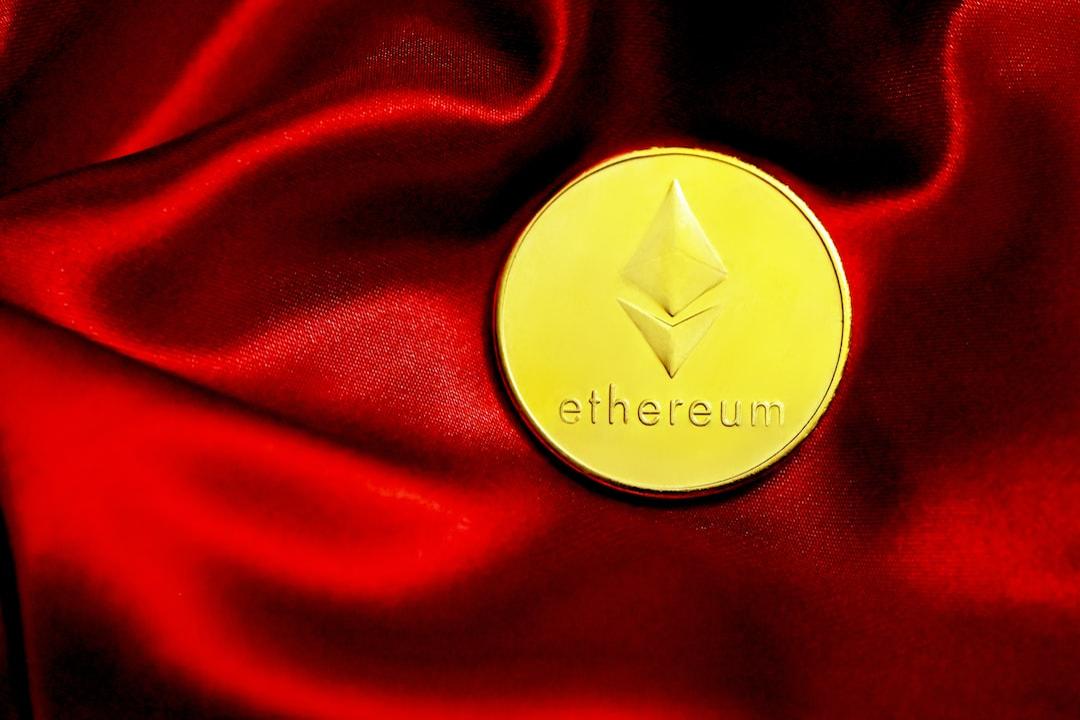In today’s landscape, crypto-collectibles have become immensely popular. NFTs (non-fungible tokens) are revolutionizing how advertisers engage with audiences globally, offering a direct path to connect with target markets. These digital assets empower brands to design innovative marketing campaigns, promote their products and services, and foster meaningful interactions with customers. One effective way to build your brand identity is through the implementation of white-label solutions.
**Rapid Deployment**: For brands to thrive in the metaverse, they must prioritize market penetration without incurring hefty startup costs for an NFT marketplace. Many providers offer flexible monthly or yearly subscription plans tailored to different needs. This accessibility allows both national and international brands to make an immediate and significant impact. By creating NFTs with diverse features, brands can enhance their credibility. Our subscription packages include gas-free minting, compatibility across multiple blockchains, personalized URLs, comprehensive business analytics, interactive widgets, integrated wallets, and advanced tools to identify counterfeit items.
**Comprehensive Solution**: Launching an NFT marketplace involves navigating numerous challenges. However, our white-label solutions streamline this process, enabling you to tackle these hurdles more efficiently. We manage essential aspects such as search engine optimization, customer relationship management, data analytics, technical support, API access, and the organization of NFT airdrops.
**Leveraging NFTs for Competitive Advantage**: Brands can utilize NFTs created from various media—GIFs, memes, tweets, images, videos, audio, and artwork—to establish their value, generate revenue through auctions, and adapt marketing strategies based on consumer preferences. Hosting contests and tournaments and rewarding winners with digital tokens is an effective way to engage your audience while stimulating positive discussions on social media and messaging platforms.
**Diverse Applications**: Before launching an NFT marketplace, it’s crucial to define your value proposition. Buyers at auctions for rare collectibles can receive NFTs as merchandise. Over time, brands can shift their focus from mere functionality to crafting unique experiences. Additionally, integrating 3D elements with technologies like Augmented Reality (AR) and Virtual Reality (VR) can redefine engagement. Attracting new customers while catering to existing ones is essential for both immediate success and long-term growth.
**Shaping Perception**: By offering NFTs, brands can make a compelling appeal to their audience. In a constantly evolving market, it’s essential to respond to shifting customer needs and desires. Crypto collectibles help establish trust, providing NFT marketplace owners with authenticity, transparency, originality, and interoperability. Factors such as scarcity, community interest, rarity, and floor price all play a role in determining the market value of these digital assets.
**Top 10 Strategies for Brands to Harness Non-Fungible Tokens (NFTs):**
1. **NFT Collectibles**: Design exclusive digital collectibles that reflect your brand’s identity, products, or history. These could range from digital artworks to virtual merchandise, with limited availability enhancing demand.
2. **Limited Editions**: Release limited-edition NFTs as incentives for loyal customers or during special promotions. The allure of scarcity can elevate their perceived value.
3. **Virtual Events**: Organize virtual conferences or exhibitions within the metaverse, using NFT access tokens as tickets to provide attendees with exclusive experiences. This strategy expands your reach and creates immersive brand interactions.
4. **Content Ownership**: Tokenize exclusive digital content like music, art, or behind-the-scenes footage. NFT holders gain ownership of unique content, adding to your brand’s appeal.
5. **Influencer Collaborations**: Collaborate with influencers or celebrities to create branded NFTs, leveraging their audience to broaden your brand’s reach.
6. **Fan Engagement**: Encourage fan participation by offering NFT rewards for engagement in social media campaigns, contests, or referrals. NFTs can serve as digital badges, incentivizing active involvement.
7. **NFT Marketplace**: Establish your own NFT marketplace where customers can buy, sell, and trade your brand’s NFTs, creating a self-sustaining ecosystem around your offerings.
8. **Loyalty Programs**: Create NFT-based loyalty programs that reward customers for purchases or engagement, allowing them to redeem NFTs for exclusive products or experiences.
9. **Charity Initiatives**: Support charitable causes through NFT auctions or by donating a portion of sales to charitable organizations, showcasing your brand’s commitment to social responsibility.
10. **Blockchain Transparency**: Use NFTs to enhance transparency in your supply chain, associating each product with a unique NFT that allows customers to trace its origin and authenticity.
Integrating NFTs into your brand strategy not only opens new revenue streams but also strengthens brand loyalty and customer engagement. It’s crucial to approach NFTs with a defined strategy that aligns with your brand’s values and objectives in this digital age.
**Exploring Social Tokens and Brand Image Enhancement**:
Social tokens, a segment of the wider cryptocurrency ecosystem, have emerged as powerful tools for brands seeking to improve their image. These tokens, often issued by individuals, communities, or brands, represent a digital currency linked to specific entities. Unlike traditional cryptocurrencies such as Bitcoin or Ethereum, social tokens focus on community-building, loyalty rewards, and direct engagement between creators and their audiences.
For brands, social tokens present a unique opportunity to enhance their image, cultivate deeper connections with customers, and create value propositions that transcend conventional marketing methods. As the digital landscape evolves, embracing social tokens could become a pivotal strategy for brands aiming to remain competitive.
**Understanding Social Tokens**:
Social tokens are blockchain-based digital assets created by individuals or brands, offering access to exclusive content, voting rights within a community, or even a share of future earnings. Their value typically stems from the perceived worth of the issuing entity, whether it’s a popular influencer, artist, or brand.
They can be categorized as follows:
– **Personal Tokens**: Issued by individuals, these tokens often reflect the issuer’s reputation and personal brand, granting fans access to exclusive content or experiences.
– **Community Tokens**: Created by groups or communities, these tokens incentivize participation and reward contributions, fostering a sense of belonging.
– **Brand Tokens**: Issued by companies, these tokens enhance customer engagement, reward loyalty, and create unique brand experiences.
**The Impact of Social Tokens on Brand Image**:
Social tokens offer numerous benefits to brands, including enhanced customer engagement, community building, effective reward mechanisms, and differentiation:
– **Enhanced Customer Engagement**: Social tokens facilitate personalized and meaningful interactions with customers, moving beyond traditional marketing campaigns to create tailored experiences.
– **Community Building**: By issuing social tokens, brands can nurture a decentralized community where members participate in shaping the brand’s direction. Token holders could have voting rights on key decisions, fostering loyalty and a sense of ownership.
– **Reward Mechanisms**: Unlike traditional loyalty programs, social tokens provide a dynamic approach to rewards. Brands can offer tokens redeemable for various benefits, enhancing customer loyalty through the excitement of potential financial gain.
– **Brand Differentiation**: In a crowded marketplace, social tokens can set a brand apart by positioning it as innovative and forward-thinking. This alignment with trends of decentralization and community empowerment resonates particularly well with younger, tech-savvy audiences.
**Challenges and Considerations**:
While social tokens present numerous advantages, brands must navigate challenges like legal and regulatory implications, potential volatility in token value, technical complexities, and ensuring that token offerings provide genuine value to customers.
**Case Studies**:
Several brands are already exploring the potential of social tokens, offering insights into their impact on brand image:
– **Chiliz ($CHZ)**: This blockchain provider for sports and entertainment enables teams to issue fan tokens, granting holders exclusive access and rewards, thereby deepening fan engagement.
– **Rally ($RLY)**: This platform allows creators to issue their own social tokens, providing fans access to exclusive content and experiences, enhancing relationships and monetizing brands.
– **Nike**: Through its “Cryptokicks” initiative, Nike leverages blockchain to create digital assets linked to physical products, positioning itself as a digital innovator.
In summary, social tokens serve as powerful instruments for brands striving to enhance their image in the digital realm. They promote deeper customer engagement, foster community, offer flexible rewards, and differentiate brands in a competitive landscape. However, careful consideration of the associated challenges is essential for brands to realize the full potential of their token strategies. As blockchain technology adoption increases, social tokens are poised to play a vital role in brand strategy. Brands that embrace this trend early will strengthen connections with customers, improve their image, and maintain a competitive edge in an ever-evolving market.



